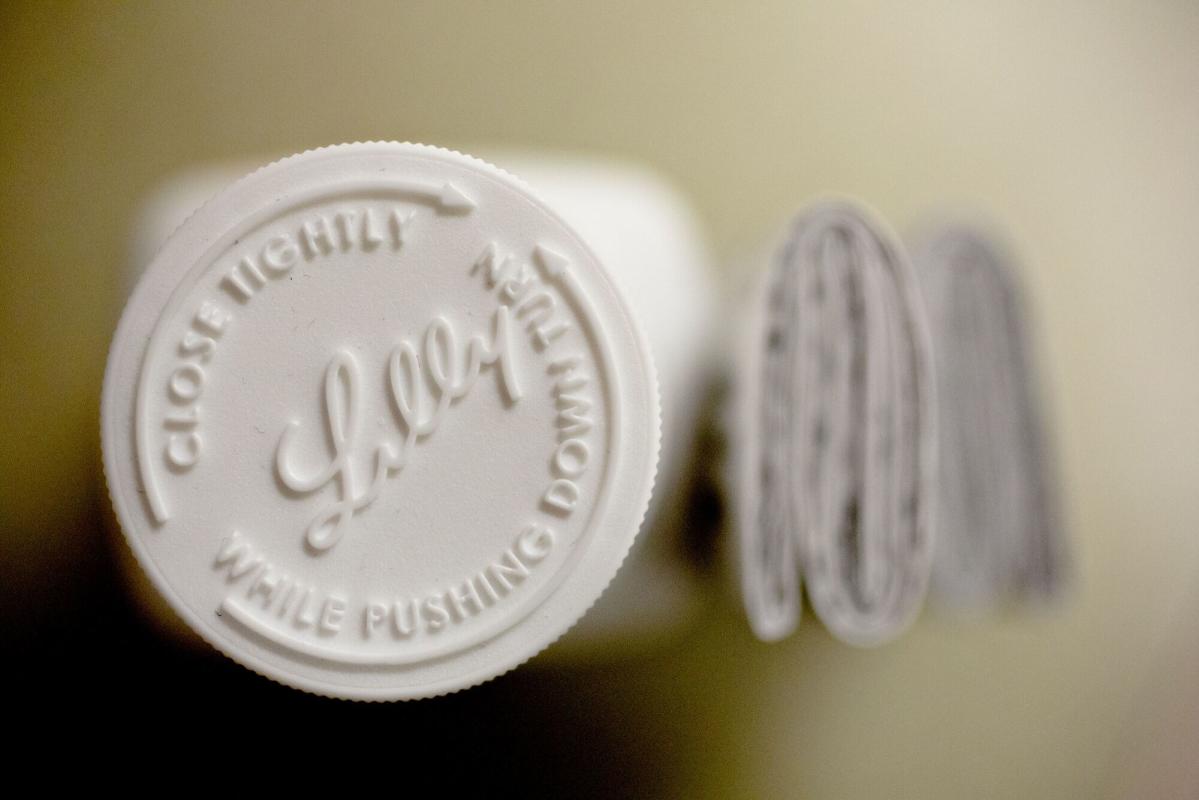Wood River Junction, a village in Richmond, Rhode Island, is the sort of place you might consider living if you were looking for a quiet life.
It’s home to a sizeable turf farm if you want to watch grass grow. It has several hiking trails to walk through.
But mostly, it’s known for something that happened 60 years ago.
A What and Why RI reader wrote in asking, “Was there really a nuclear explosion in Rhode Island years and years ago?”
There was, and Wood River Junction is where it happened.
The United Nuclear Corporation in Wood River Junction, RI
In 1961, ads started to appear in The Providence Journal for an “unusual opportunity” – the chance to work just over the border in Connecticut with United Nuclear Corporation. The company was one of the nation’s major providers of nuclear fuels.
Two years later, they announced they were opening a multi-million-dollar facility in Rhode Island, which was heralded by politcos as a “tremendously exciting thing” for the state, bringing good paying jobs and launching Rhode Island into the future.
They finalized the agreement in the state within two months of the announcement, broke ground just a couple of months after that, and in just over a year opened their facility in March 1964, that state’s first atomic industry.
The 1964 nuclear accident in Rhode Island
Robert Peabody, 37, must have been one of the first people to get a job at the facility. A father of nine children, aged 16 to 5 months old, Peabody was a graduate of Stonington High School and had worked as an auto mechanic up until he took the job at United Nuclear.
With nine kids, he needed the money, so he when he heard about the job, he decided to take an evening shift as a technician, according to the New England Historical Society. By day, he worked as a mechanic.
The job of United Nuclear was to take uranium scraps and process them to recover any enriched uranium they contained. The substance was dangerous, but the work was technically simple, so it didn’t matter when hiring Peabody that he wasn’t a chemist.
But it’s the kind of work that only goes smoothly if all the bottles are correctly labeled. And on July 24, 1964 they weren’t.
See, there has been a problem at the facility: a strange black goo was appearing around some the equipment, according to reporting by Yankee Magazine. It necessitated a complicated cleanup that threw the whole facility into chaos, with any bottle that could be grabbed being used to contain liquids, labels falling off and long to-do lists of unfamiliar tasks for workers.
Even so, when Peabody started his shift that Friday and grabbed and “all safe” bottle of solution to bring upstairs to clean, it didn’t ring any alarm bells. Until he poured the solution into an 18-inch by 25-inch tank, according to United Nuclear’s report, and actual alarm bells started to screech through the building.
The bottle contained a highly radioactive solution, and when it hit the tank, a nuclear chain reaction started.
The Providence Journal headline described what happened as a “blast” and “nuclear explosion” the next day. The Nuclear Regulatory Commission (NRC) called it a “criticality accident” in their report several months later.
But the bottom line is that when that solution hit the tank, Peabody was splashed with radioactive liquid, a dose that doctors later said was ten times what it would take to kill a man.
What and Why RI: Are any of the rides from Rocky Point still in use at other amusement parks? We found out.
When the alarms started going off, he ran stripping his clothes off as he went. He made it out of the building before he collapsed, showing the brutal signs of radiation poisoning.
He was brought to Rhode Island hospital, and put in the old x-ray room, where doctors and nurses tended to him with lead lined gloves. His decision was initially described as “fair,” before he died about 48-hours after the blast.
Given the state of his body, the Providence dioceses issued special dispensation so he could be cremated, but his wife believed she never got her husband’s true ashes back, as they weren’t radioactive, according to the New England Historical Society.
What happened to United Nuclear Corporation?
In the wake of the accident, the facility at Wood River Junction was closed for weeks as a cleanup happened. While it was closed, the governor offered his support that United Nuclear was doing “everything” they could to make sure the area was safe.
In December, they were given the green light from the Atomic Energy Commission to reopen as the plant had rectified the 14 items noncompliance the NRC had found. At the end of the month, the $1 million plant resumed operations.
What and Why RI: About 100 buildings in RI are built from bricks made in Barrington. What’s the history?
No fines were ever levied. Following a lawsuit, his wife was paid a settlement of $22,000 to raise her nine children with.
Once reopened, the plant continued to operate until it was closed in 1981, because it was no longer profitable.
Today, the area is the popular Francis C. Carter Nature Preserve.
What and Why RI is a weekly feature by The Providence Journal to explore our readers’ curiosity. If you have a question about Rhode Island, big or small, email it to klandeck@gannett.com. She loves a good question.
This article originally appeared on The Providence Journal: Was there really a nuclear explosion in RI? Here’s the history
Signup bonus from




